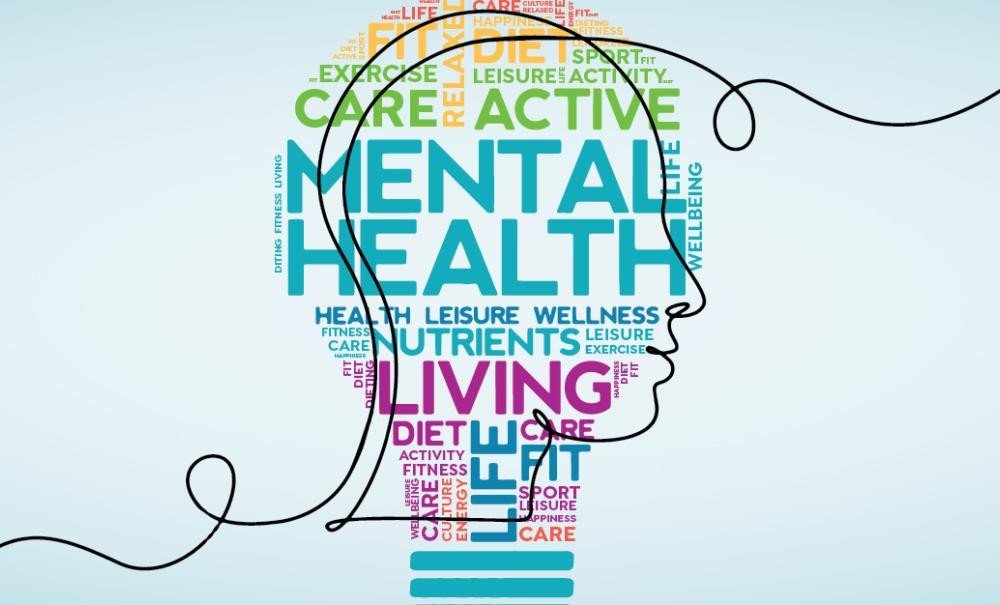
Prioritizing Mental Fitness: Your Guide to a Healthier Mind
Prioritizing Mental Fitness: Your Guide to a Healthier Mind
Ever feel like life is moving too fast? You’re not alone. In today’s whirlwind pace, paying attention to our mental health is just as important as looking after our bodies. Mental fitness is a term you might not hear often, but it’s a big deal when it comes to how we think, feel, and act. It’s not just about avoiding stress or handling mental health struggles; it’s really about boosting our emotional and mental well-being. In this article, we’ll explore what mental fitness means, why you should care, and some simple yet effective strategies to weave it into your everyday life.
What’s This Whole Mental Fitness Thing?
Think of mental fitness as your state of well-being where you get what’s going on in your thoughts, feelings, and actions. Just like you measure physical fitness in terms of things like speed or strength, you can measure mental fitness, too—by looking at awareness, emotional management, and resilience.
So, why does it matter? Studies show that regularly engaging in mental fitness activities can seriously cut down your chances of anxiety, depression, and other mental health problems. It boosts your resilience, builds your confidence, and helps you handle life’s ups and downs with more grace.
Why Mental Fitness is a Game Changer
1. Banish Stress and Mental Health Woes
Ever wish you could just hit a pause button on stress? Well, mental fitness exercises can help. Practices like mindfulness meditation and deep breathing help you find a calm spot in your day, making it easier to manage stress. They teach you to spot triggers and choose how to respond, giving you a little breathing room.
Quick Tip: Try starting your day with just a few minutes of mindful breathing. Pay attention to your breath and let those thoughts float by without judgment.
2. Building Emotional Resilience
Emotional resilience is more than just bouncing back from hard times; it’s about adapting to change while keeping a positive mindset. Engaging in activities that strengthen your mental fitness, like cognitive exercises, helps your brain form new connections. Yes, you heard that right—your brain can actually learn to respond more positively in tough situations!
Quick Tip: Give journaling a shot. Write about your day, what worked, what didn’t, and jot down a few things you’re grateful for. It’s a fantastic way to boost your self-awareness and shift your perspective.
3. Sharpening Your Cognitive Skills
Have you ever noticed how your brain feels alive when you tackle a challenge? Stimulating your mind with new experiences can seriously ramp up your cognitive health. Simple things like puzzles, learning a new skill, or engaging in stimulating conversations can help your brain grow.
Research Insight: Studies show that people who take part in cognitive training activities often see notable improvements in both their emotional and cognitive health.
Quick Tip: Set aside some time each week for learning something fresh—be it a new recipe, a foreign language, or a creative hobby.
How to Cultivate Your Mental Fitness
Mindfulness Practices
Being present is key. Mindfulness practice can help lower stress and improve emotional control. Even a quick five-minute meditation can work wonders.
How to Kick Off Meditation:
1. Find a quiet place.
2. Set a timer for five minutes.
3. Close your eyes and breathe deeply.
4. When your mind wanders, gently guide your focus back to your breath.
Journaling for Self-Discovery
Putting pen to paper can be such a powerful tool for clarifying thoughts and feelings. Remember, there are no hard and fast rules—just be honest with yourself.
Journaling Prompts to Get You Going:
– What were the challenges today, and how did I handle them?
– What am I grateful for right now?
– What might I do differently when stress arises in the future?
Trying New Experiences
Stepping outside your routine can really shake things up! Whether it’s joining a class, exploring a new area in your city, or taking a mini-adventure, new experiences keep your brain active and engaged.
Exploration Challenge: Each month, challenge yourself to try something new—maybe a different café or a weekend trip. Keep it simple and fun!
Putting This into Action
Integrating mental fitness into your life doesn’t have to feel like a chore. Here’s a step-by-step rundown to help you craft a sustainable routine:
1. Start Small: Give yourself 5-10 minutes a day for mindfulness or journaling.
2. Make it a Priority: Treat your mental wellness time like a meeting you can’t skip.
3. Experiment: Try out various mental fitness exercises to see what resonates with you.
4. Assess and Tweak: Keep track of what’s working and what’s not, and adapt your practices as you go.
5. Connect: Find others who share your interest in mental fitness. Look into joining a group or workshop.
Wrap-Up
Prioritizing your mental fitness can seriously enhance your quality of life, making you more resilient, emotionally aware, and mentally sharp. It might seem tricky to kick off, but starting with small, consistent actions can lead to big changes over time. Keep in mind, your mental well-being is just as crucial as your physical health.
So, what’s your current take on mental fitness? I’d love to hear your thoughts in the comments below or see you explore more related topics on our blog. Together, we can create a culture that values mental fitness and encourages healthier lifestyles.
Written by Alexander Babinets
Founder of Express Fitness, certified coach, and author helping people get in shape without excuses.
📍 expressfitness.ca | 📩 info@expressfitness.ca
👤 More about me → alexanderbabinets.com
Hashtags: #mental #fitness #what #like #just #health #stress #emotional #more #help #life #cognitive #brain #mind #when
